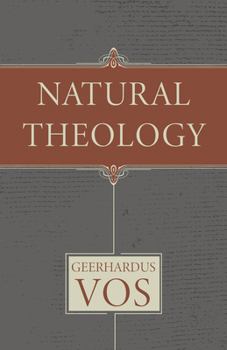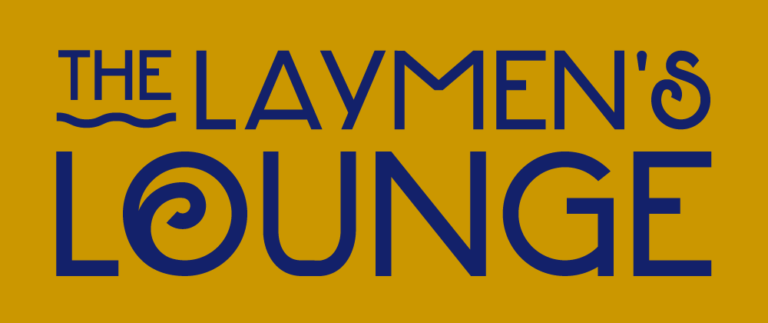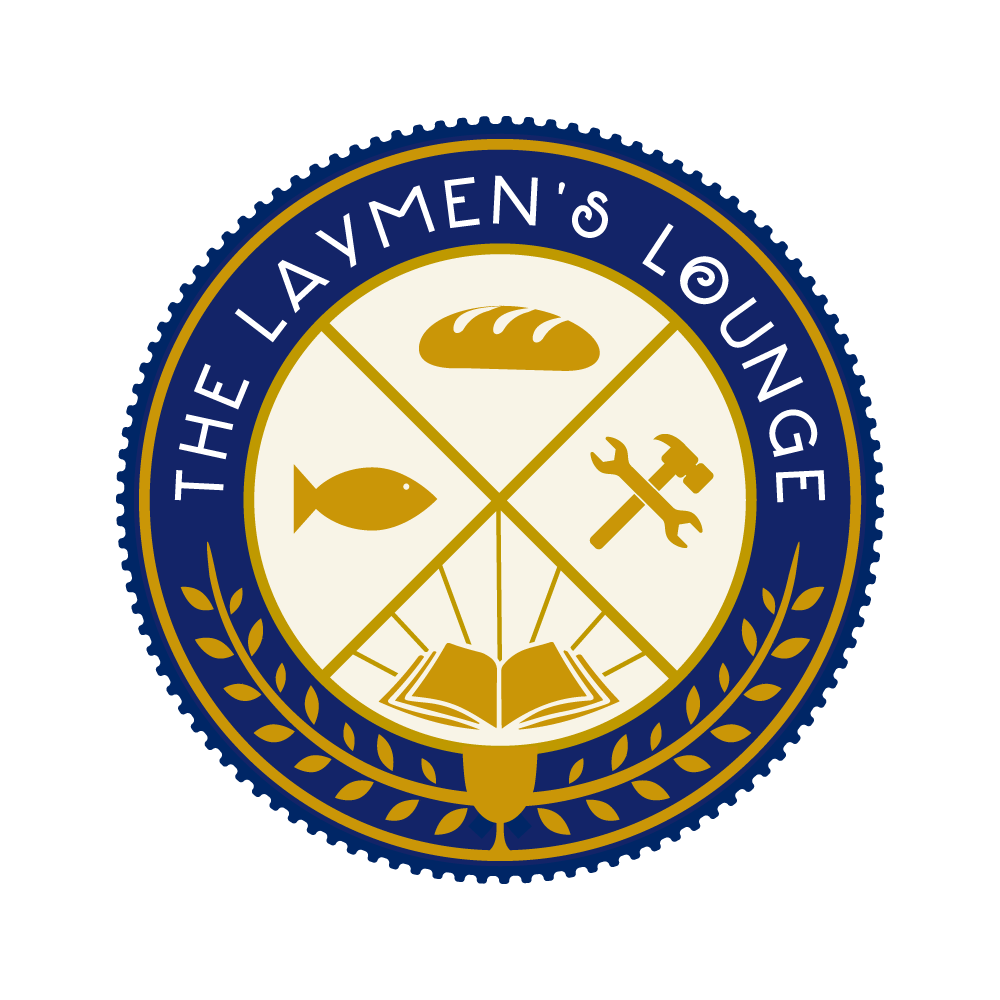
by Charles Ivey
Vos, Geerhardus. Natural Theology. Grand Rapids: Reformation Heritage Books, 2022. 106 pp. $25.00.
Introduction
The release of Natural Theology by Geerhardus Vos is incredibly timely. Recently the debates around “natural theology” and “Thomism” have begun to heat up again. What knowledge of God does natural man possess? If he knows God, what is natural man capable of doing with that knowledge? What is he responsible to do with that knowledge? Is Thomas Aquinas a reliable or unhelpful guide in these questions?
Provenance and Translation
The book features over 70 pages of background material. In the Translator’s Preface, Albert Gootjes provides a fascinating account of the journey this work took on the way to publication. The book began as a series of lectures by Vos while teaching at Calvin University in Grand Rapids, Michigan (xi-xvi.) We do not actually have original notes from Vos himself, but the university’s library was in possession “dictation notes” from his students circa 1898. Having manuscripts from multiple students enabled the translator to reconstruct Vos’ lectures. The consistency of the students’ notes should give readers confidence that the book is an accurate representation of Vos’ thinking on this subject.
I want to be careful with the following analogy and not equate this book with Scripture, but Gootjes’ work on Natural Theology was similar to the textual criticism that biblical scholars have to do as they examine and translate manuscripts. Understandably, the dictation notes of Vos’ students contain human errors and variants. In one instance, the translator had to determine if “morality” or “rationality” was the word that Vos intended since both words look the same in Dutch except for a single letter (xv.) Readers are provided with textual footnotes explaining where and how these determinations were made. I found all this fascinating and reassuring that the publisher has given us an accurate presentation of Vos’ material.
Fesko’s Intro
Next comes a lengthy and valuable Introduction by J.V. Fesko. He begins by arguing that Vos and Aquinas “belong together”, counter intuitive though it may seem (xvi.) Fesko writes that Calvin and the earliest Reformers were trying to address Rome’s theological errors rather than trying to completely “deconstruct and reconstruct theology (xvii)”, all in continuity with the Church Fathers and Medieval theologians. Yes, Augustine appropriated some philosophers, including the Platonists, but he was also willing to call out the errors of pagan philosophy (xix.)
It does not take long for Fesko to name names. John Frame, August Lang, Karl Barth, Cornelius Van Til, and Herman Dooyeweerd all get called by Fesko for misrepresenting Calvin’s view of natural theology (xxv.). He goes so far as to accuse Van Til of inaccurately describing the Westminster Confession’s teaching on natural theology as distinctive (xxviii-xxix.) Contra Van Til, Fesko argues that “The (WCF) falls within the general patterns of patristic, medieval, and Reformation expressions, that is, in terms of God’s two books, nature and Scripture.” Fesko traces the shift away from these “high orthodox constructions” of natural theology back to Francis Turretin’s son, Jean-Alphonse (1671-1737) and Johan Friedrich Stapfer (1708-1775) who elevated the place of reason from Scripture’s handmaiden to its foundation (xxx-xxxi.)
Fesko continues his evaluation by citing neo-Calvinists Abraham Kuyper and Herman Bavinck who maintained a place for natural theology (xxxv-xl.) At the same time, he argues that Kuyper and Bavinck were a united front against modernism’s denial of supernatural revelation. While they could be critical of “neo-Thomism”, they did not reject Thomas himself. The crucial distinction Fesko makes here is that Bavinck and Kuyper saw natural theology as being legitimate only for believers recognizing creation in light of Scripture. As Bavinck put it, natural theology had mutated into “an exposition of what nonbelieving rational persons could learn from nature by the power of their own reasoning (xxxviii.)”
The Introduction concludes with Fesko’s critiques of “Bartian and Van Tillian dismissals of Reformed Natural theology,” but not out of a commitment to tradition in and of itself (lxix.) As he characterizes it, there is an illegitimate “tradition” which abandons God’s teachings for the doctrines of men, “the dead faith of the living.” Instead, Fesko calls for a legitimate tradition, “the living faith of the dead, where the church harvests the wisdom, insights, and exegesis of earlier generations (lxix.)”
Vos and Natural Theology
We now come to Vos’s lectures themselves. For purposes of this review, we will focus on three questions related to natural theology and how Vos addresses them. First, what does Vos mean by “natural theology”? Next, is natural theology sufficient for salvation? And finally, how does natural theology relate to false systems of religion, particularly deism?
Vos unpacks his definition of natural theology in Q2 and Q3 as “… a teaching concerning God (ie. theology) that takes its content and method from … all that is subject to the normal link between causes and effects, and that works according to fixed laws, from the beginning of creation (ie. nature) … (marked by) regularity and continuity (or) constancy and uninterruptedness … (3).” In Q7 he puts it a little more succinctly, stating that natural theology is “a knowledge of God that takes its content and method from the world as it presents itself to us as governed by fixed laws (4).”
As to the sufficiency of natural theology, Vos affirms that Scripture recognizes a natural knowledge of God (Q10), but he goes on to unequivocally deny that natural theology can teach believers “anything unto salvation that is not contained in Scripture (5, Q11 and Q12).” In his fourth subpoint of Q12, Vos affirms the use of natural theology in apologetics, helping to set up the majority of what follows in the book.
With the groundwork having been laid, Vos critiqued errant, rationalistic systems of theology including deism. Deists, motivated by a desire to keep reason’s exclusivity concerning the knowledge of God, become unbalanced by rejecting supernatural revelation and consequently fail to recognize His immanence (27.) The god of the deist created the world, set it in motion, but steps away and remains aloof. The deistic god is a deadbeat dad, Bette Midler’s god who watches us from a distance, the absentee landlord Pacino’s apoplectic Devil hates so much.
In Q55, Vos went on to identify two ways that deism results in the denial of sin (27-28.) First, deism falsely assumes that human beings retain the natural ability to serve God righteously since, according to deism, their natural knowledge of God is sufficient for the task. Secondly, there is the closely related error of failing to even see the need for revelation, much less salvation, which is why, as Vos says “Deistic religion usually reduces itself to morality (28).”
Geerhardus Vos’s Natural Theology from Reformation Heritage Books is a welcome companion to his Reformed Dogmatics and Biblical Theology. It may not be light reading, but it is also not overwhelming for those who will take the time to read it carefully. This relatively brief but rich work features plenty of background material and the author’s usual precision and faithfulness in the disciplines of theology and apologetics. Highly recommended.



Chuck Ivey is underrated! Faithful, concise evaluation of Vos’ work.